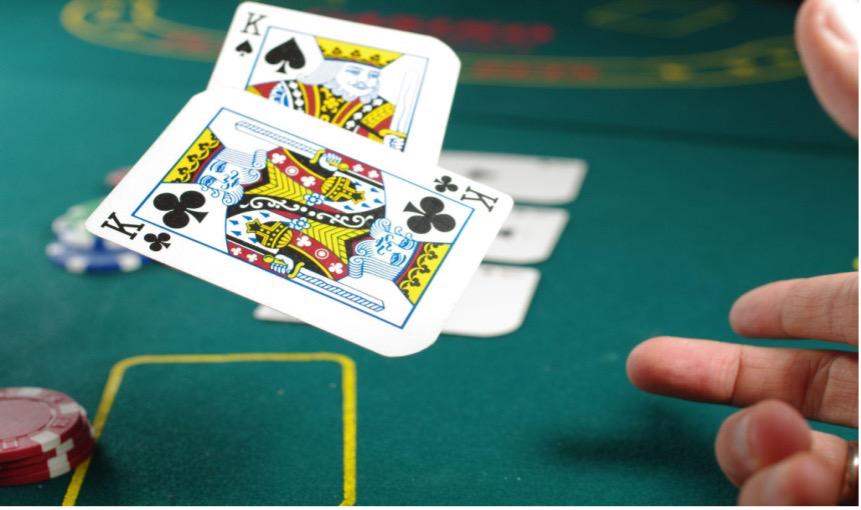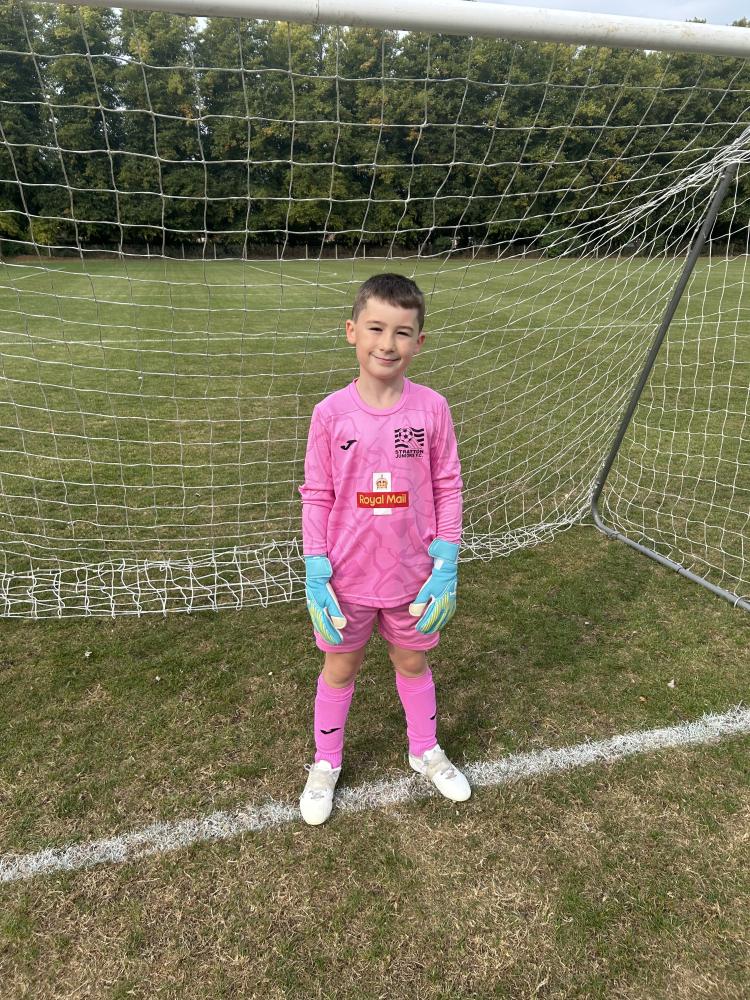When playing poker, making a mistake is inevitable. But that doesn't mean you have to make the same mistakes over and over.
Here are some of players' most common poker hands mistakes, so you can avoid them and become a better player.
What Do Poker Hands Mean?
The term "poker hands" refers to the cards in a player's hand that make up the best possible five-card combination. Understanding what each poker hand means is essential to make better decisions when playing. Here is an overview of the nine most common poker hands in order from weakest to strongest:
? High Card - A high card is just one single card with no matching cards.
? One Pair - Two cards of the same rank, with three other unmatched cards.
? Two Pairs - Two sets of two cards of the same rank, plus one unmatched card.
? Three of a Kind - Three cards of the same rank, plus two other unmatched cards.
? Straight - Five consecutive ranks in any suit, with no matching cards.
? Flush - Five cards of the same suit, but not necessarily in consecutive order.
? Full House - Three of a kind plus one pair.
? Four of a Kind - Four cards of the same rank, plus one unmatched card.
? Straight Flush - Five consecutive ranks in the same suit.
Common Poker Hands Mistakes
Now that you understand what each poker hand means, here are some of the most common mistakes players make when playing poker hands (whether poker online or in person):
Not Knowing Your Hand
One of the biggest mistakes a player can make is not knowing what their own hand is. Pay attention to which cards are in your hand and how they compare with other players' hands at the poker table.
It is imperative when playing Texas Hold em, where you are not only competing against the other players at the table but also against the dealer. If you don't know what your hand is, you won't be able to make informed decisions about whether to fold, call, or raise.
Not Paying Attention to Other Players' Hands
Just as it is essential to know your own hand, it is also important to pay attention to what the other players are holding during a poker game. It will help you determine what kind of hands they might have and how likely they are to bluff.
Playing Too Many Hands
One of the biggest mistakes new players make is playing too many hands. It can lead to poor decision-making and ultimately cost you money. It's essential to be selective about which hands you play and to fold when you don't have a good chance of winning. One way to help you play better is to use a cheat sheet. For example, a Texas Hold Em cheat sheet can help you quickly determine which hands are worth playing and which should be folded.
Not Checking the Board
Another common mistake players make is not checking the board before making their move. The board contains all the cards that have been played in hand, so it's essential to look at it and see what kind of hand you might have. For instance, if you have two pairs but a three-of-a-kind on the board, your hand is no longer as strong as before.
Not Understanding Odds and Outs
Odds and outs are essential in poker. They refer to the chances of improving your hand based on the cards that have already been revealed. Understanding these odds is crucial so you can make better decisions about how much money to invest in a particular pot.
Not Bluffing Enough
Bluffing is an integral part of playing poker. It can be effective in certain situations, but it's essential not to bluff too much, or your opponents will start to catch on, and you won't be able to use the strategy effectively.
Not Adjusting Your Strategy
No two hands are exactly alike, so it's crucial to adjust your strategy based on the cards you're dealt and how other players play. If someone is aggressive, for example, you may want to play more conservatively to make them think twice before raising.
Playing Too Aggressively
While aggressive play can be effective in certain situations, playing too aggressively can backfire–it can even lose you a huge number of poker chips if you’re mot careful. If you're constantly raising and bluffing, you may lose more money than if you played conservatively. Pay attention to the other players at the table and adjust your strategy accordingly.
Not Paying Attention to Table Position
Table position is another important factor in poker. Your chances of winning the pot may be higher or lower depending on where you are sitting relative to the dealer button. Pay attention to table position and use it to your advantage when deciding which hands to play and how much money to invest.
With these concepts in mind, you should be better equipped to play winning poker hands. Remember these tips and practice them often to become a better player. If you want to practice your skills, check out GGPoker. They offer a variety of tournaments and cash games where you can hone your skills. Good luck!






